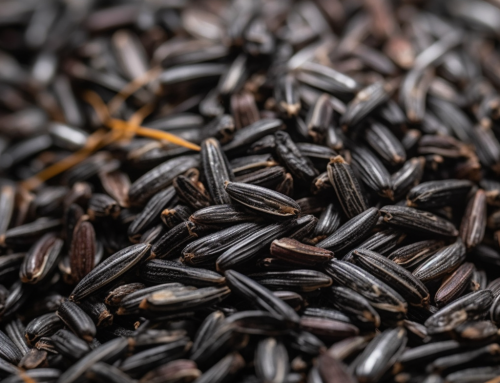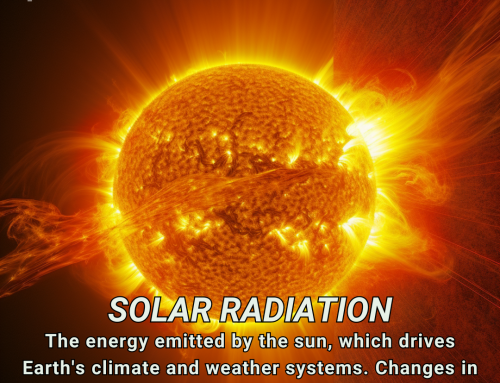
The world is facing an unprecedented climate crisis, and urgent action is needed to prevent its catastrophic effects. One of the most effective ways to fight climate change is by reducing food waste. Food waste not only has economic implications but also has a significant impact on the environment.
Americans waste about 40% of the food they buy, which is equivalent to about $218 billion annually. This is a staggering amount, considering the number of people who go hungry every day in the world. Food waste also has a significant impact on the environment, as it contributes to greenhouse gas emissions.
When food waste ends up in landfills, it decomposes and releases methane gas, a potent greenhouse gas that is 25 times more powerful than carbon dioxide in trapping heat in the atmosphere. In fact, according to the World Wildlife Fund (WWF), if food waste were a country, it would be the third-largest emitter of greenhouse gases after the United States and China.
Reducing food waste is not just a moral imperative; it is also an economic opportunity. The food industry loses billions of dollars every year due to food waste. By reducing food waste, businesses can save money, improve efficiency, and increase their profits.
One way to reduce food waste is by changing consumer behavior. We can start by planning our meals, buying only what we need, and using up leftovers. We can also donate excess food to food banks or shelters, or compost it to create nutrient-rich soil.
However, reducing food waste is not just the responsibility of consumers. The food industry also has a role to play in reducing food waste. Food producers can improve their supply chain management to ensure that food is not wasted during production, storage, or transportation. They can also donate excess food to charitable organizations or use it to create new products.
The WWF has launched a campaign called “Food Waste Warriors” to raise awareness about the impact of food waste and encourage individuals and businesses to take action. The campaign provides practical tips and resources to help reduce food waste, including meal planning tools, recipes to use up leftovers, and information on how to compost.
Reducing food waste is a simple yet powerful way to fight climate change. By taking action to reduce food waste, we can help to reduce greenhouse gas emissions, conserve natural resources, and save money. It is a win-win solution for both the environment and the economy.






